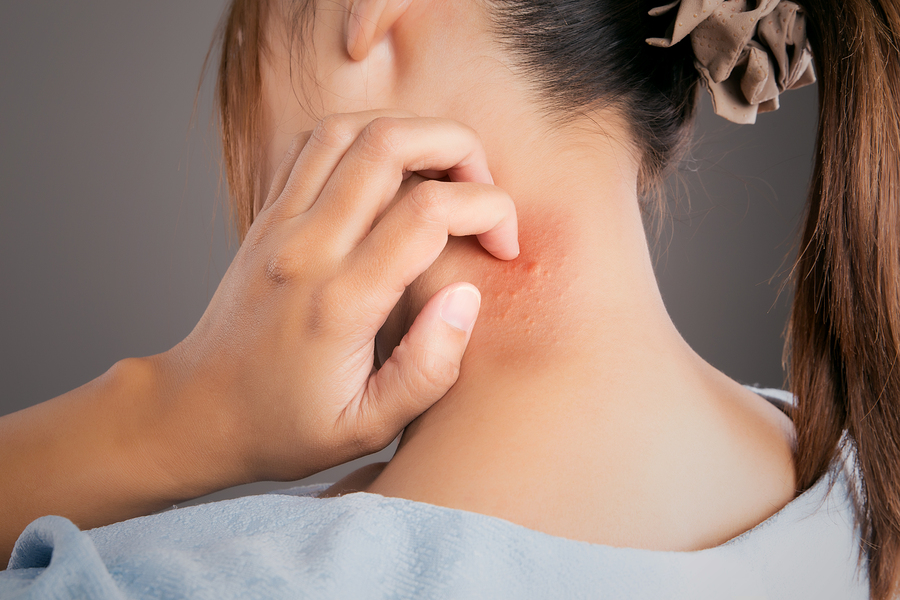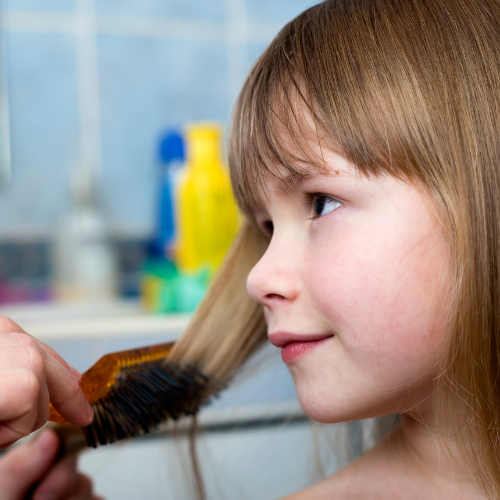Can Head Lice be on Other Areas of the Body?

In this business we get lots of questions about lice because it can be difficult to find reliable information about head lice. A common question we get is “Can head lice spread to other areas?” The short answer to this question is NO. However, there are two different species of lice than can live on other areas of the body. It is important to note that these are completely different than head lice and are very uncommon. They are called body lice and pubic lice (crabs).
There are thousands of different lice species specific to the host that they inhabit. For example, there are hundreds of different species of lice specific to infesting different species of birds and there even specific strains of lice to inhabit the beak, wings, and body of each bird. This means that for humans there are several species of lice than can inhabit our bodies, each species being specific to one area. Head lice are the most common species, followed by pubic lice and body lice. Head lice have evolved to only survive living on a person’s head, body lice are only found in body hair, and the same goes for pubic lice.

Body lice are often the result of poor hygiene which makes them very different than head lice. People that bathe regularly are not at risk for getting body lice, but even the cleanest person could get head lice. Body lice can also live in clothing and bedding which allows them to easily spread when there is poor hygiene and lack of cleaning. This is very different from head lice because they will not try to leave their environment because they will quickly die. Very rarely, body lice can also spread disease unlike the head louse. Body lice infestations are rare and typically only occur among individuals who do not have access to regular bathing facilities, lack clean clothing, and live in crowded environments.
Pubic lice are more commonly refer red to as crabs, and have received this nickname due to their crab-like claws. Pubic lice generally only inhabit the pubic area, but also have the ability to inhabit areas with coarse hair such as eyebrows and eyelashes. Pubic lice cannot live on clothing or linens and only spread through direct contact. If pubic lice are found on a person, it is a sign of sexual exposure or abuse. Pubic lice do not carry disease, but a person who has them should be checked for other STDs. Pubic lice are considered the most contagious STD with a 90% chance of the infestation spreading through sexual contact. A pubic lice infestation is not caused by a lack of hygiene.
Head Hunters only offers removal of head lice, but our products are safe and effective in treating all 3 species of lice at home. We recommend applying Wipe Out to the affected area and letting it sit for 10-20 minutes. Wash the area, and use the Pro Lice comb to remove any nits (eggs) that may be on the hair strands. Check the area daily for one week and repeat combing or Wipe Out treatment if necessary. Be sure to also wash all clothing, bedding, towels, and blankets that may have been used while the infestation was present.



